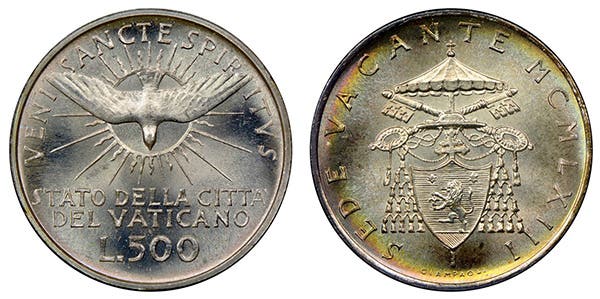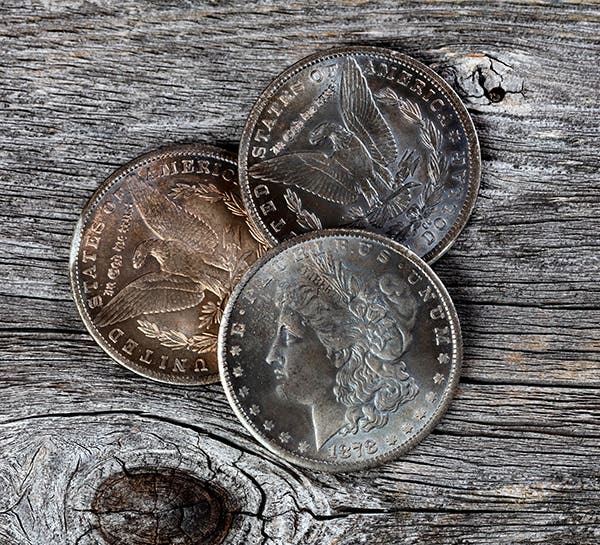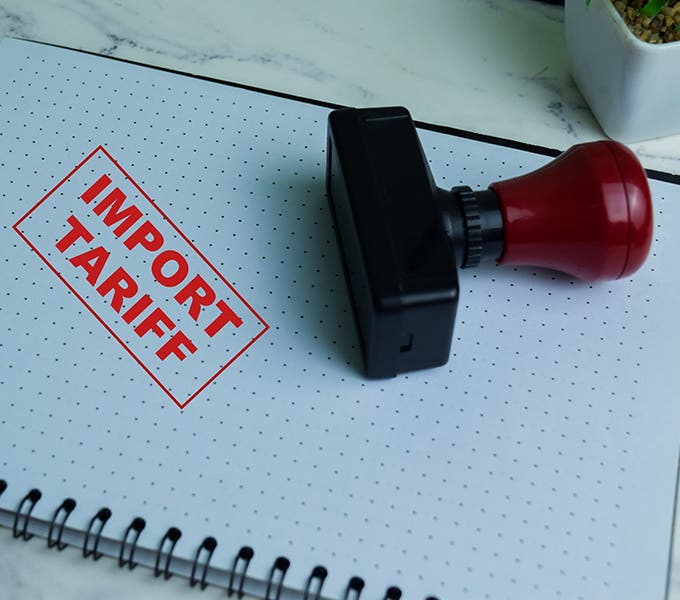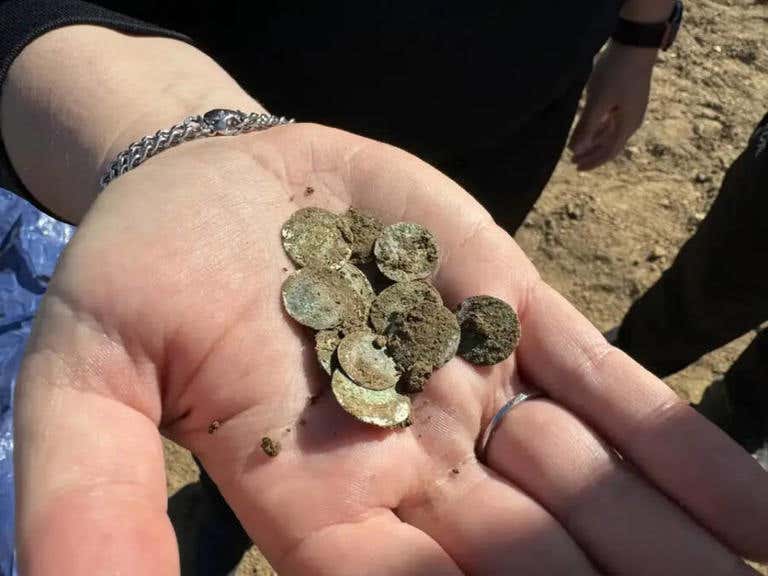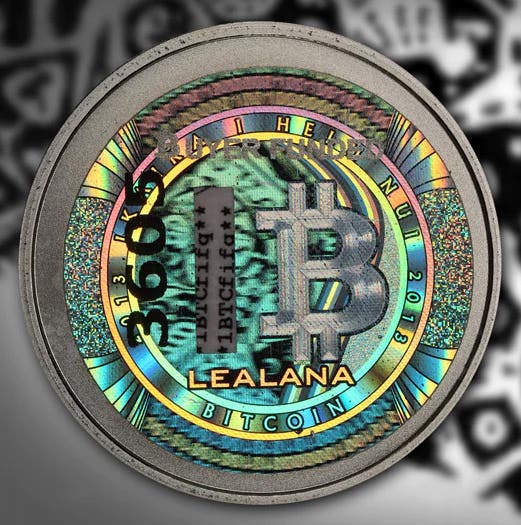What Will Be Your Numismatic Legacy?
You’ve spent years building your collection. What happens to it when you’re gone?
If you are a numismatist, have you made plans for what will be your numismatic legacy?
It is easy to just enjoy building your collection and letting your heirs worry about what to do with your holdings after you die. There are numerous horror stories about uninformed people, out of their ignorance, mishandling valuable treasures or selling them for a tiny fraction of their value.
Is that what you want to risk happening to your collection? If not, then you need to make plans for what happens to it before or after your death.
In some instances, you may not have anyone who could appreciate your collection anywhere near the same degree that you do. In such cases, you are probably the one who can best decide how to sell it for maximum proceeds. It may be sentimentally hard to do, but for the benefit of your heirs, it would be best if you convert it to cash before you expire.
If you wish particular pieces to go to specific people or organizations, please extensively note this information, possibly including notifying these other parties. That way, if they have questions for you, it will still be possible to answer them.
We had one customer years ago who formed collections in a variety of areas, including numismatics. He had no heirs, so his estate was handled by his bank’s trust department. He was thoughtful enough that he went through each collection to leave instructions on who to contact to liquidate his holdings and what prices to expect to receive. When the trust officer contacted us about his coins, and our buy prices fell in line with what he wrote to expect, that made the transaction quick and painless.
You may also like: Booklet Walks Reader Through Collection Inheritance, Disposal
Obviously, there are several ways to liquidate a numismatic collection. Perhaps some pieces might be donated to a charitable organization or museum. If being put up for sale, the collector has perhaps the best knowledge of which pieces might merit offering for sale in an auction (and which auction company to contact), which items have value because of precious metal content, which can be readily sold to dealers or at coin shows, and which parts of the holdings are best sold in bulk for minimal prices. If you could lay out this information ahead of time (note: I am in the middle of doing this with my collection right now; it’s taking a while), you would make it much easier for those who will be carrying out the liquidation.
Then there are exceptional collections that may merit submission to a grading service to be given a pedigree as coming from you. I have some coins that were used as props in a movie, but the grading services I consulted did not consider that usage to be worthy of a pedigree on the label.
Another alternative to consider is gifting at least some parts of your collection while you are still alive so that you can share the significance of the pieces with your recipient.
The last thing you would want to leave your loved ones is a collection that was near and dear to your heart but represents grief and hassle to them.
You may also like: Viewpoint: Your Will Can Outline the Disposal of Your Collection
Answer to the Previous Trivia Question
Last week, I asked: In the U.S. presidential dollar series, four presidents feature a name on the coin that was not their name at birth. Who were they, and what were their birth names?
They were Hiram Ulysses Grant, popularly known as Ulysses Simpson Grant; Stephen Grover Cleveland, who went by his middle name; Leslie Lynch King, Jr., who at the age of 22 formally took the name of his stepfather to be Gerald Rudolff Ford, Jr.; and William Jefferson Blyth III who at the age of 15 formally became Bill Clinton.
This Week’s Trivia Question
Although there are U.S. Treasury notes issued in the denominations of $1, $2, $5, $10, $20, $50, $100, and $1,000, why wasn’t one issued in the denomination of $500? Come back next week for the answer.
Patrick A. Heller was honored as a 2019 FUN Numismatic Ambassador. He is also the recipient of the American Numismatic Association 2018 Glenn Smedley Memorial Service Award, 2017 Exemplary Service Award, 2012 Harry Forman National Dealer of the Year Award, and 2008 Presidential Award. Over the years, he has also been honored by the Numismatic Literary Guild (including twice in 2020), the Professional Numismatists Guild, the Industry Council for Tangible Assets, and the Michigan State Numismatic Society. He is the communications officer of Liberty Coin Service in Lansing, Mich., and writes Liberty’s Outlook, a monthly newsletter on rare coins and precious metals subjects. Past newsletter issues can be viewed at www.libertycoinservice.com. Some of his radio commentaries titled “Things You ‘Know’ That Just Aren’t So, And Important News You Need To Know” can be heard at 8:45 a.m. Wednesday and Friday mornings on 1320-AM WILS in Lansing (which streams live and becomes part of the audio archives posted at www.1320wils.com).



